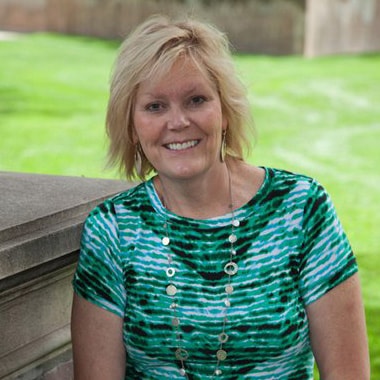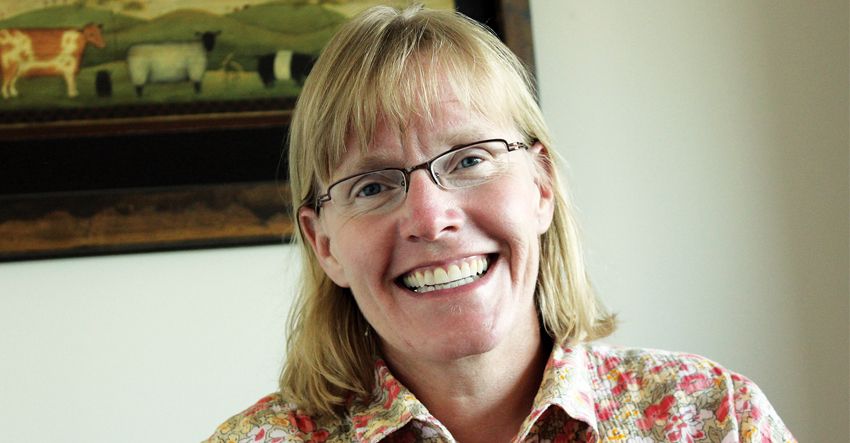

10 Frequently Asked Questions for Elder Law Attorneys
The Most Common Questions About Elder Law
May is National Elder Law Month when elder law attorneys across the country help educate seniors and people with disabilities about their legal options and offer pro bono services. The National Academy of Elder Law Attorneys (NAELA) is the premier U.S. association of U.S. attorneys who specialize in the legal issues of older adults and individuals with special needs. Hyman Darling, a Massachusetts elder law attorney and the president of NAELA, shares his insights to 10 common questions about elder law.
1. How does elder law differ from general law practice?
Elder law is a subspecialty of estate planning. Elder law attorneys help individuals and their families plan for retiree benefits, healthcare and long-term care, Medicaid and Medicare coverage, and home care and nursing home care. We also help with decision-making documents and provide guidance on other legal issues for seniors and people with disabilities. We provide clients and their families with a more holistic approach because we spend a lot of time learning about their needs and wants. Our work is not just a transaction. We quarterback a team that includes financial planners, accountants, insurance agents and other professionals to design and implement an appropriate plan for each client.
2. At what age should a person contact an elder law attorney?
There really is no right or wrong age, but by age 60 you should start the planning process. The longer you wait in life, the more you run the risk of your money not being protected, or you may lose your capacity because of health issues. We also recommend that our clients do multigenerational planning by helping their kids start estate plans, for example, when they are in their 30s with young children.
3. How much preparation is required on my part?
We help address concerns and streamline solutions so there will not be issues with your estate and family later. Common questions we ask are: Do you receive any VA benefits? Do you have a supplemental insurance policy? How long do you plan to work? When do you plan to take your Social Security? Who’s going to take care of your pet? Do you want to set up a pet fund or leave a stipend to take care of your pet? If you have guns, do you want to leave your guns to a gun trust? The latest thing is the access to a person’s online accounts if they become disabled or pass. Years ago we never had to think about legal issues like these. We know all the questions to ask, and we carefully walk you through the planning process.
4. What about planning for a disabled or dependent child?
If the child is receiving government benefits, we might want to set up a special needs trust so they won’t lose the benefits, but the money will be available for them. It is also important to consider who might be the appropriate trustee for the child with disabilities in the future.
5. How do I avoid probate?
Some people will set up a trust. Some will just name beneficiaries. Some will choose to do nothing with planning details. Probate laws differ in each state and jurisdiction. An elder law attorney helps inform the client of the rules in their jurisdiction.
6. How do I avoid estate taxes?
The new U.S. estate tax exemption now is $11.18 million per person, and a couple is entitled to a $22.36 million exemption. That’s a significant amount of money a person may leave without paying estate taxes on the federal side. There are a handful of states that still have state estate taxes, so you do have to pay attention to that, especially if you move from one state to another. But overall, most people do not need to file an estate tax return.
7. How do I protect my assets?
There is a myriad of options available. Each state is going to be specific, but you can give your assets away. You can put them in an irrevocable trust. You can buy long-term care insurance, or you can take your chances and do nothing. There are waiting periods that must be met in order to protect the assets. A will helps direct who is going to be in charge of distributing your assets as you stipulate. You also might want to have a separate memorandum in addition to the will that designates more sentimental property like the old clock on the mantel.
8. What about end-of-life care?
We see people through the health process including setting up advance directives and a medical power of attorney. We ask lots of questions about life support and whether you want to be an organ donor. We’ve also taken courses on capacity and undue influence. We know how to recognize when a person is not 100 percent competent to sign medical and legal documents.
9. Do you help with funeral arrangements?
We help guide you by asking if you want to be buried or cremated; and if you have had more than one marriage, we ask which spouse you want to be buried with. We tell people to preplan funeral and burial arrangements now so everybody knows what you want.
10. What about appointing personal representatives?
We talk with you about who you want to serve as your representatives. Are they responsible and trustworthy? Is their spouse going to get involved and do the wrong thing? If you appoint two people, can they work well together? We help you determine if you need someone different to deal with your health decisions versus your financial decisions. The bottom line with elder law is that you get what you pay for. You can’t try to do this planning on your own.
To find an elder law and special needs attorney in your area, visit the NAELA member directory or contact the NAELA office in Virginia at naela@naela.org or (703) 942-5711.







